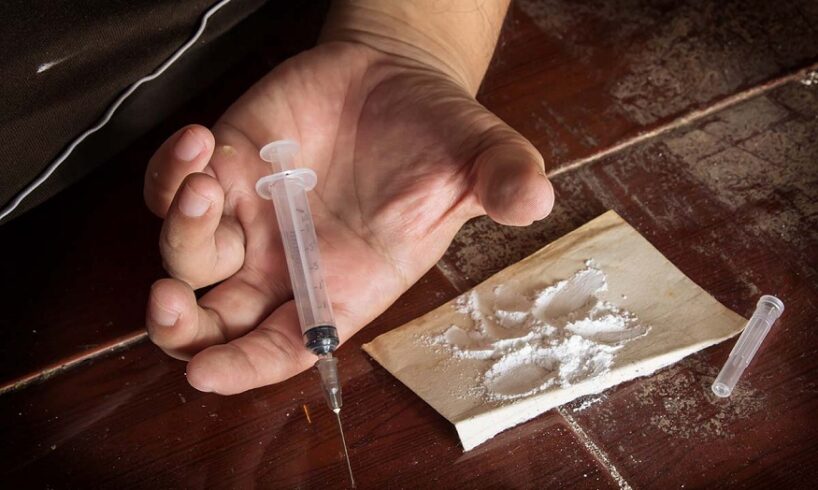
An overdose occurs when someone takes too much of a drug or substance, whether intentionally or accidentally. This can happen with prescription medications, illicit drugs, and even legal substances like alcohol. Overdose Symptoms can be life-threatening and require immediate medical attention.
Common drugs that can cause overdose
Various drugs and substances can cause overdose, including opioids, benzodiazepines, stimulants, alcohol, and even over-the-counter medications like acetaminophen. Opioid overdoses have become particularly prevalent in recent years, as these drugs are highly addictive and can lead to respiratory failure if taken in excessive amounts.
Symptoms of overdose
Symptoms of an overdose can vary depending on the drug or substance involved, but some common signs to look out for include:
- Difficulty breathing
- Extreme drowsiness or confusion
- Unresponsiveness or unconsciousness
- Pale or clammy skin
- Blue or purple lips and nails
- Vomiting or nausea
- Seizures or convulsions
- Chest pain or irregular heartbeat
It’s important to note that not all symptoms may be present in every overdose case. Some individuals may only exhibit a few symptoms while others may display many.
How to respond to an overdose
If you suspect someone is experiencing an overdose, it’s important to act quickly. Call emergency services immediately and describe the situation as accurately as possible. If the person is unresponsive or not breathing, start CPR if you are trained to do so.
If the overdose involves opioids, naloxone can be administered to reverse the effects. This medication is available over-the-counter in many states and is often carried by first responders. It’s important to note that naloxone is not a substitute for medical care, and anyone who has received the medication should still seek medical attention as soon as possible.
Preventing overdoses
Preventing overdoses starts with being aware of the risks associated with drug and substance use. Individuals who struggle with addiction should seek help from healthcare professionals or addiction specialists. If you or someone you know is prescribed medications that can cause overdose, be sure to follow the instructions carefully and only take the prescribed amount.
Additionally, it’s important to properly store medications and substances out of reach of children and others who may misuse them. If you witness someone using drugs or substances in an unsafe manner, speak up and offer support.
In conclusion, recognizing the symptoms of an overdose and knowing how to respond can mean the difference between life and death. By taking steps to prevent overdoses and seeking help for addiction, we can reduce the incidence of these dangerous and potentially deadly events.
